So, you have a business idea. Or maybe you’ve already started one. Now you’re at that scary-but-exciting crossroad every founder faces:
“Should I fund this from my pocket or go pitch to investors in blazers?”
Let’s break it down — Naira for Naira, stress for stress.
Bootstrapping: The Self-Funded, Soft Life (Kinda)

What’s This?
Bootstrapping means you’re running your business with your own money. Maybe your savings, your side gig income, or whatever’s left after feeding NEPA and your landlord.
Why It Slaps
- You’re the Boss: No investor hovering over you asking for progress reports. You call the shots.
- You Learn Frugality Real Quick: Every Naira must account for itself. You become resourceful — think rice and beans, but for budgeting.
- You Keep All the Equity: No need to share your future billions (yet).
Why It Can Be Mad
- Your Pocket Has Limits: Let’s be real — not everyone has the funds to scale quickly.
- Slow Growth: You may be grinding for years while someone with investor money zooms past you in six months.
- Risk is All Yours: If it flops, it’s on your head. Literally and financially.
Best For:
- Low-cost startups (online stores, freelance platforms, consulting, etc.).
- Founders who don’t want to answer to anyone.
- Side hustlers testing the waters.
Raising Funds: The Investor Route (aka “Who do you know in tech?”)

What’s This?
This is when you look for other people’s money (OPM). Think angel investors, VCs, grants, or loans. The idea is: they give you capital, and you give them equity, updates, and big dreams.
Why It’s Sweet
- Money to Move Fast: You can hire, scale, advertise — and maybe rent that Lekki office with AC.
- Access to Mentors & Connections: Investors aren’t just cash cows — they bring network, credibility, and sense.
- Validation: If someone’s putting money behind your dream, it means you’re onto something.
Why It Can Be Chaotic
- No More Total Control: You may have to compromise on vision and strategy.
- Equity? Gone.: Every funding round chips away at your ownership.
- The Pressure is Getting Worser: Investors want growth. Like, yesterday.
Best For:
- Tech or product-based startups with scalable potential.
- Founders who don’t mind the “investor call” lifestyle.
- Businesses that need major funding upfront (think fintech, healthtech, manufacturing).
Ask Yourself:

- Can this business thrive without heavy capital?
- Am I okay with giving up control?
- Do I want to grow slowly or shoot for the moon?
- Can I pitch my idea without sounding like a confused motivational speaker?
Real Talk:
Some people bootstrap till they prove their concept, then raise money to scale. That’s the hybrid hack. Investors respect traction.
Whether you’re using your own cash or someone else’s, the key is strategy and self-awareness. Not every business needs a VC, and not every idea should run on vibes and personal savings alone.
Whichever route you choose, make sure it matches your energy, your market, and your vision. Hustle smart, not just hard.





